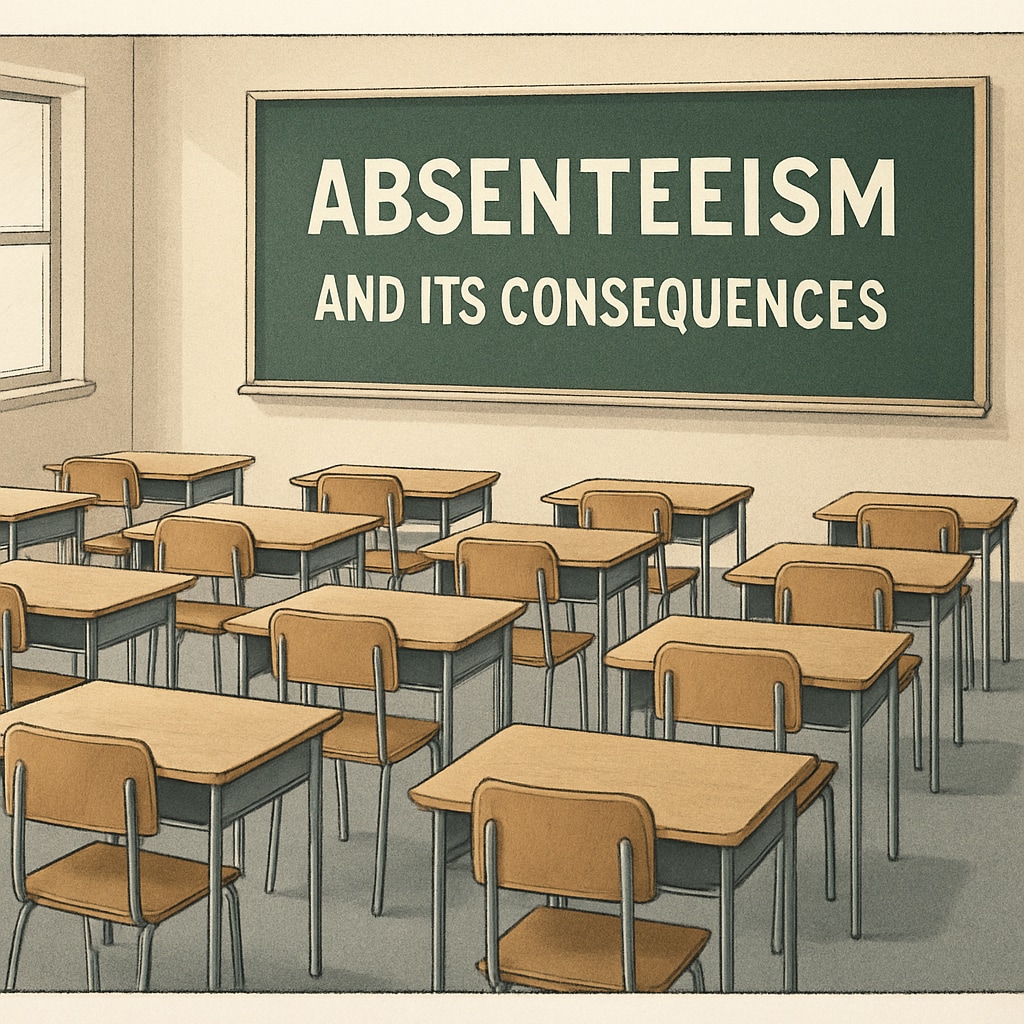Strict attendance policies in K12 education have become a point of contention, with many students facing disproportionate punishments for missing classes. Adding to the controversy, some schools have introduced character training programs with religious undertones as a form of corrective action. These measures raise questions about fairness, the separation of church and state, and the broader purpose of education.

The Impact of Rigorous Attendance Policies on Students
While attendance is undeniably important for academic success, overly rigid policies often fail to consider the diverse challenges students face. For example, illnesses, family emergencies, or mental health issues can lead to unavoidable absences. Instead of offering support, some schools impose harsh penalties, such as suspension or mandatory participation in remedial programs. These punitive measures can exacerbate stress and alienation among students, leading to a cycle of disengagement.
In addition, many schools fail to differentiate between chronic truancy and occasional absences due to valid reasons. This lack of nuance disproportionately affects students who may already be vulnerable due to socioeconomic factors. For instance, students from low-income families may miss school for reasons beyond their control, such as unstable housing or lack of access to healthcare.
Character Training with Religious Undertones: A Controversial Solution
One of the most polarizing aspects of modern attendance enforcement is the use of character training programs, some of which incorporate religious elements. These initiatives aim to “correct” behaviors, such as truancy, by emphasizing moral and ethical values. While character education has its merits, intertwining it with religious teachings risks alienating students from diverse cultural and religious backgrounds.
For example, religious-based character training often implicitly promotes a specific worldview, which may conflict with the beliefs of students and their families. This not only challenges the principles of inclusivity but also raises legal concerns about the separation of church and state. According to Wikipedia, the separation of church and state is a cornerstone of many modern democracies, ensuring that public institutions remain neutral in matters of religion.

Balancing Discipline and Equity in Education
To address the shortcomings of strict attendance policies, schools must adopt a more balanced approach. First, distinguishing between voluntary truancy and unavoidable absences can help ensure that penalties are applied fairly. Schools should also prioritize supportive measures, such as counseling, mentorship programs, or flexible attendance accommodations for students facing legitimate challenges.
Furthermore, character training programs should be secular and inclusive, focusing on universal values like empathy, responsibility, and respect. This approach allows schools to foster personal development without crossing ethical or legal boundaries. Organizations like Britannica highlight the importance of character education in shaping well-rounded individuals, provided it respects diversity and remains inclusive.
Conclusion: Rethinking Attendance Policies for the Modern Classroom
While attendance policies are essential for maintaining academic standards, they must be implemented thoughtfully to avoid unjust penalties and ensure equal treatment for all students. Schools should strive to create an environment that supports students’ well-being while respecting their rights and diverse backgrounds. Moving forward, adopting equitable and inclusive practices will not only benefit students but also uphold the fundamental principles of education and fairness.
Readability guidance: This article uses short paragraphs and clear headings to improve readability. Lists and external references provide additional context, while transitional words enhance the flow of ideas.


